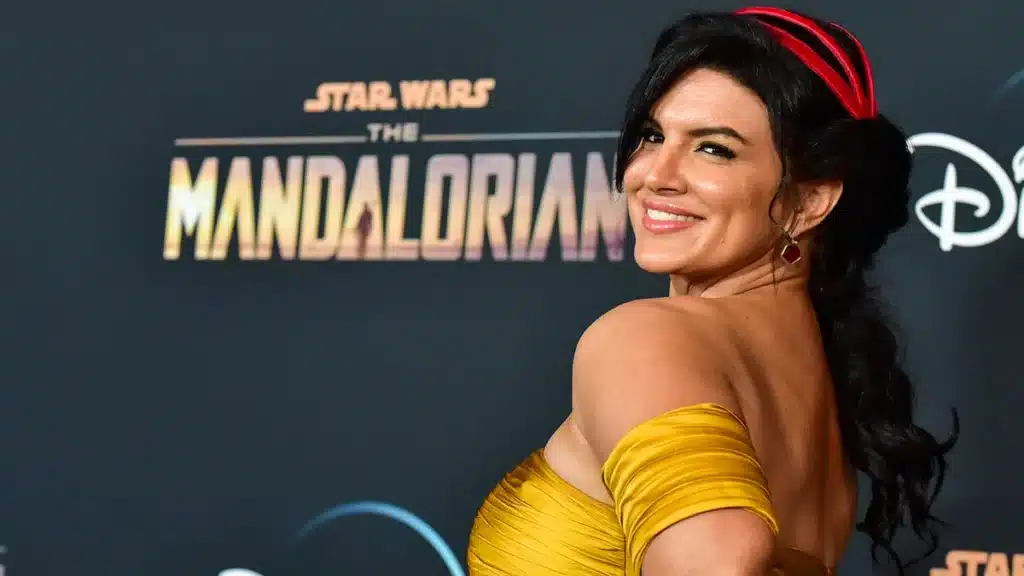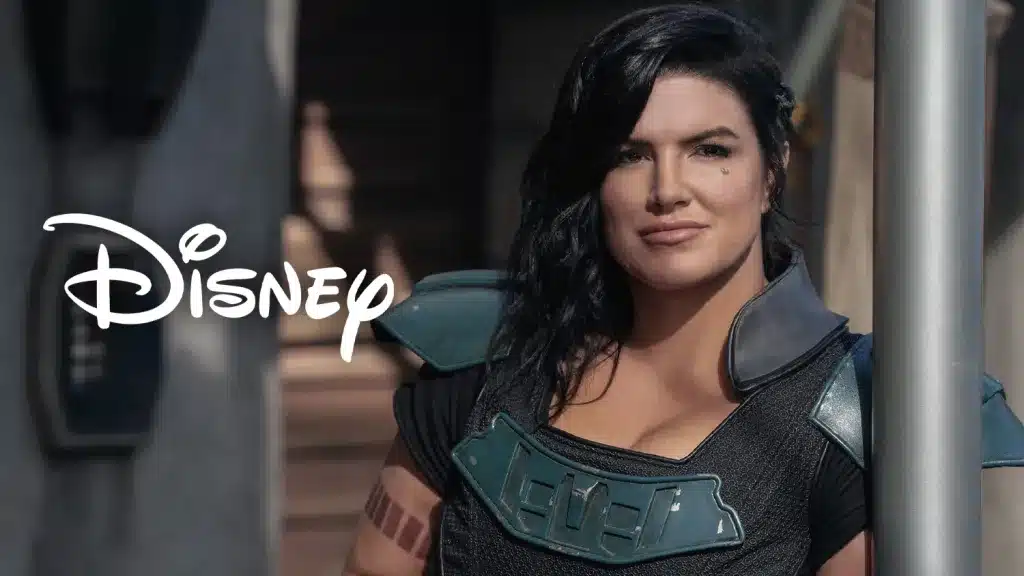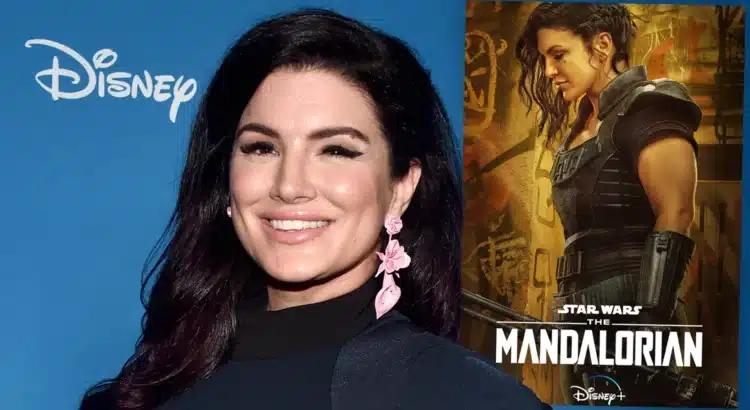In a legal battle that has captured the attention of both Hollywood and free speech advocates, The Walt Disney Company has officially filed a motion to dismiss a lawsuit brought by actress Gina Carano, alleging wrongful termination from the Disney+ series “The Mandalorian.” This move marks the latest development in a saga that has unfolded since Carano’s controversial exit from the popular “Star Wars” franchise.
Disney’s legal team lodged the motion in the United States District Court, Central District of California, aiming for a June 12, 2024, hearing date. The entertainment giant is invoking the Federal Rule of Civil Procedure and the First Amendment, arguing that its decision to part ways with Carano is protected under its constitutional right to freedom of association and expression.

The Heart of the Matter
At the core of Disney’s argument is the principle that, much like a newspaper has the discretion to choose its writers, the company retains the right to select which performers best convey its artistic messages. Disney contends that Carano’s public statements, particularly a post drawing parallels between the treatment of political conservatives and the Holocaust, significantly detracted from its narrative efforts, ultimately leading to her dismissal.
Carano’s February 2021 social media post sparked widespread debate and was cited by Disney as the “final straw” in their professional relationship. The post suggested an equivalence between historical persecution and contemporary political divisions, a comparison that Disney found to undermine its expressive objectives.
A Legal and Cultural Clash
In response to her firing, Carano, with support from X Corp., launched a legal counterattack against Disney, alleging millions in lost income due to wrongful termination and accusing the company of discriminatory practices. Her lawsuit claims Disney displayed a double standard by tolerating similar or more controversial expressions by other male actors associated with the brand, including “The Mandalorian” co-star Pedro Pascal and “Star Wars” legend Mark Hamill.
Moreover, Carano’s legal team has highlighted Disney’s decision to rehire “Guardians of the Galaxy” director James Gunn after previous controversies as evidence of inconsistent enforcement of conduct standards. These comparisons aim to demonstrate what Carano perceives as unequal treatment based on her political views and gender.

Disney’s Defense and the First Amendment
In their motion to dismiss, Disney argues that the First Amendment ensures its right to dissociate from Carano’s statements, which the company views as incompatible with its expressive missions. The document asserts that decisions regarding association with certain types of speech rest solely with the speaker — in this case, Disney — even if others may perceive those decisions as inconsistent.
Disney’s reliance on the First Amendment sets the stage for a legal showdown that delves into the boundaries of free expression, employer rights, and the extent to which companies can control their associations based on speech. As the case progresses towards a potential hearing, the entertainment industry and civil liberties observers alike will be keenly watching how these complex issues are navigated in the context of one of the most high-profile disputes in recent memory.
This lawsuit and Disney’s motion to dismiss underscore the ongoing tensions between individual expression and corporate image management, particularly in an era where social media amplifies and complicates these dynamics. As this legal battle unfolds, it will undoubtedly contribute to the broader discourse on freedom of speech, employer-employee relationships, and the responsibilities of public figures and the companies they represent.






